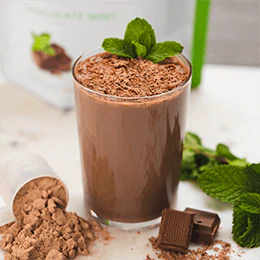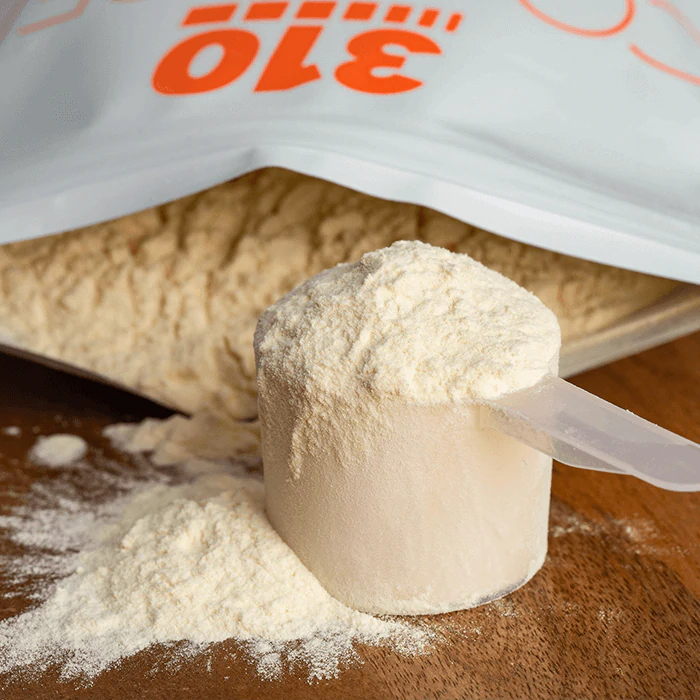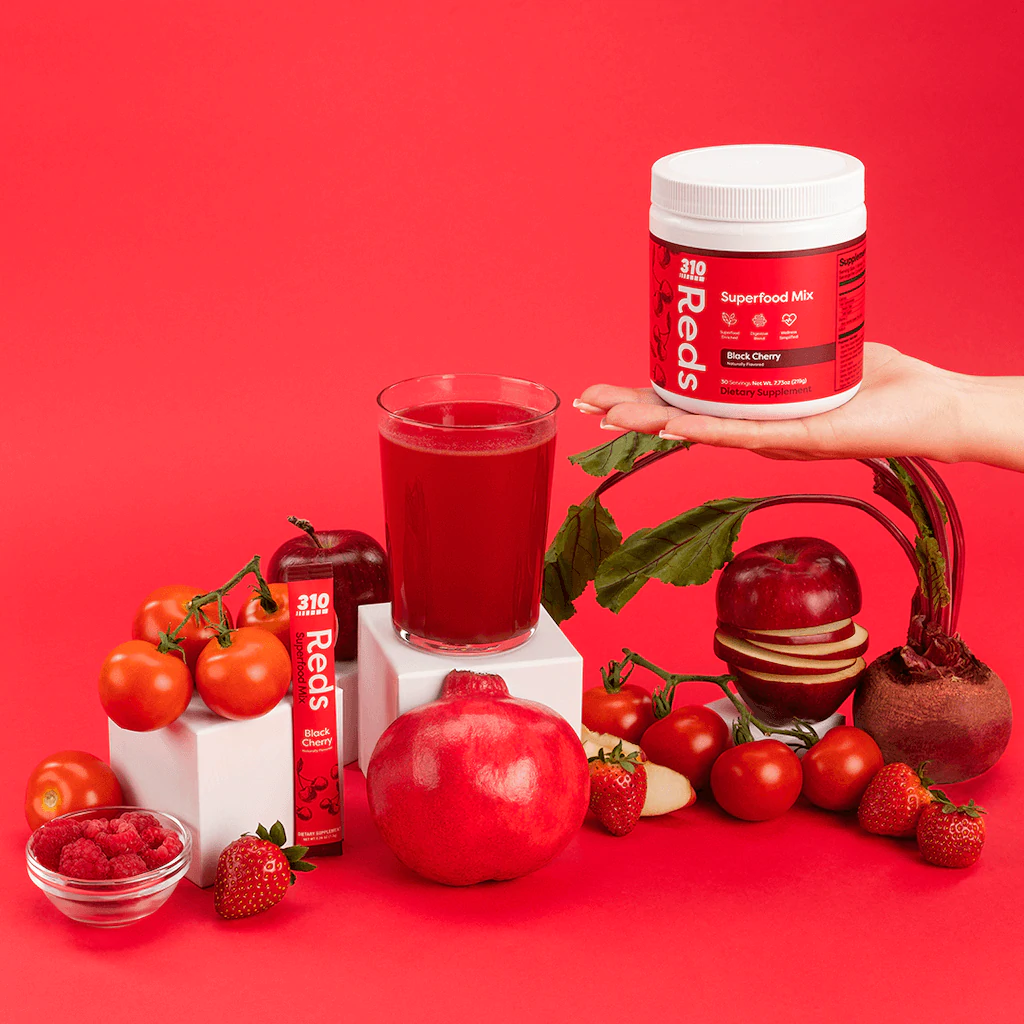
The Dorito Effect
We’ve heard for years that one-third of the US population is obese. We’re told that carbs, sugar, and fat are bad for us and the reason we’re gaining weight at an alarming rate. But, is that really the case?
A recently published book entitled “The Dorito Effect,” by author Mark Schatzker1 makes the argument that it’s not really the carbs, sugar, and fat. Instead it may be a big part of the problem is the food flavorings we use such as spices, syrups, and sauces.
In Schatzkar’s research he sites that Americans consume over 600 million pounds of flavoring each year2. And in fact, in the last 50 years, the volumes of salt, carbohydrates, fat, and sugar we consume have increased due to the flavor chemicals incentivized us to eat more of them. Using the Dorito as the prime example; one of our favorite snacks first came on the market as nothing more than a salted tortilla chip. It wasn’t popular. Then, when flavor was introduced, from taco-flavored then on to nacho cheese, that’s when it became the top selling snack to eat!
In an interview with CBS This Morning, Schaltzker said, “we keep arguing about carbs and fat and sugar. All these things existed and people at them 50 years ago when Americas were a whole lot trimmer. The thing that’s really changed is the flavor.”

The question becomes, is mass-produced real, whole foods bland in flavor? That’s exactly Schatzker’s argument as he contributes this as a huge favor in the need to add so much flavoring to the foods we are eating. Taking chicken, for example, it’s now produced at three times the rate it used to be. But, “the problem is chicken has no flavor,” he said. “If you look at recipes for fried chicken 100 years ago, it was just salt and pepper. If you try that now, it’s like eating a roll of wet toilet paper. It’s not going to work. So what we’re forced to do is blitz everything we eat in flavoring to make it taste good. But we’re misdirecting our palates. We’re lurking ourselves away from the food we should eating, and we’ve made the food we shouldn’t be eating hyper-desirable.”
Now think about his statements. How often would you choose something with more flavor than you actually would simple baked chicken? We have super market isles dedicated to flavoring our food, essentially telling us all that the food we’re buying has no flavor, we must add something to it. The doors of our fridge are lined with ketchup, barbeque sauce, last night’s left over marinate, mustard, etc. Go look. Is half of what is available in your fridge door flavoring for the food you’re preparing?
h
Schaltzker continues by saying that tomatoes, blueberries, lettuce, and other fruits and vegetables have also been leeched of flavor; making the addition of chemical flavors a necessity for good taste, and thereby sacrificing nutrition.
So, is removing flavor from our food the answer? Maybe not. But Schatzker hopes “The Dorito Effect” will make Americans more mindful to the amount of chemical flavorings we consume. “I’d like to get people to be more aware of how they’re incentivized by flavors. This stuff is in not just junk food anymore. It’s in yogurt. It’s in soy milk. It’s in pasta sauces. It’s having an effect not just on us, but also on our children,” he says.
How do we make change? How do we move away from these artificial chemicals that are enhancing our food’s flavor? According to Schatzker the answer is to demand real flavor from the whole foods we eat.
"We've got to start thinking about cooking dinner the way an Italian chef does. Get the ultimate tomato, the best tasting chicken. Cooking's a lot more fun that way. It's much more delicious, and it's more satisfying."
Can it really be that easy? Are we talking about the boycott of the Dorito or is this something bigger than that.
Only you can evaluate what’s in your fridge and cupboards; only you can judge what these additional flavors are doing to your health as you read through the ingredients list and see the chemicals and artificial flavors.
What if we go back to the day of not buying pasta sauce in a jar? What we actually sliced a tomato or two and got to work on a delicious homemade sauce made from the finest and freshest ingredients that we select.
You see, removing these chemical flavors does not have to be sentenced to bland and boring foods. It’s going back to the way they prepared meals 50 years ago… from fresh, grown in the backyard, delicious, whole foods.
Make a plan to make a simple change. Remove one chemical enhanced flavor from your meal.
What will you start with today?
Sources:
- http://www.markschatzker.com/doritoeffect-home-page/
- http://www.wsj.com/articles/how-flavor-drives-nutrition-1428596326















